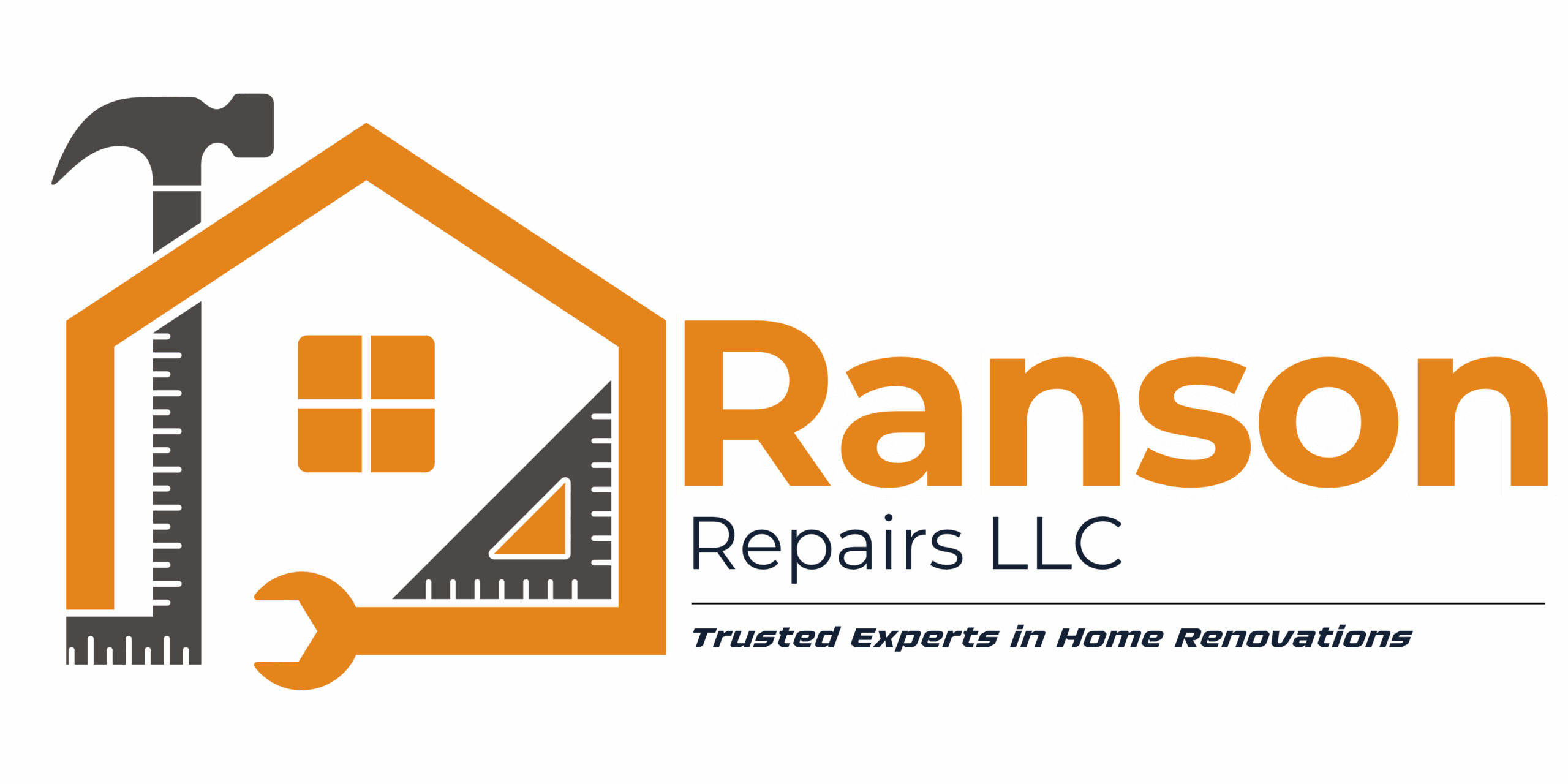Owning a home is one of life’s biggest investments—and like any major investment, it needs consistent care. Many homeowners don’t realize how much regular home maintenance can save them until a small problem becomes a big, expensive one. Whether it’s a leaking roof, faulty wiring, or a cracked foundation, these issues often start small and grow silently until they demand urgent attention and a hefty repair bill. The truth is: a little prevention goes a long way. In this post, we’ll explore why regular home maintenance is so important, how it helps you avoid costly repairs, and the simple routines you can follow to protect your home—and your wallet.
- Small Problems Become Big Ones Over Time Most major repairs start out as minor issues that were overlooked. A tiny crack in a pipe can eventually lead to water damage. A loose shingle on your roof might turn into a leak that causes mold and rot. By catching these problems early, you can address them at a fraction of the cost. Example: Fixing a leaky faucet might cost $50–$100. Ignoring it could lead to water damage that costs thousands.
- Maintenance Extends the Life of Your Systems Your HVAC, plumbing, electrical, and roofing systems all have limited lifespans—but regular maintenance can extend them significantly. Changing filters, cleaning ducts, flushing your water heater, and having annual inspections are small actions that keep things running smoothly and prevent premature breakdowns. Benefits: Fewer emergency repairs, better energy efficiency, longer lifespan for appliances and systems.
- It Keeps You and Your Family Safe Some maintenance tasks are directly tied to your health and safety. For example, neglecting electrical inspections can lead to fire hazards. Not cleaning your dryer vent can increase the risk of house fires. Failing to maintain HVAC systems can result in poor air quality or carbon monoxide risks. Regular maintenance ensures that critical systems like smoke detectors, carbon monoxide alarms, and electrical wiring are functioning correctly and safely.
- You Avoid Emergency Repairs and Last-Minute Costs Emergency repairs tend to be far more expensive than scheduled maintenance. That’s because they often happen after hours or require urgent service calls. Worse, you’re often making decisions under pressure, which can lead to costlier choices. Preventive maintenance helps you plan ahead, shop for the right contractor, and avoid the markup of urgent service fees.
- Maintains (and Increases) Your Home’s Value Whether you plan to stay for decades or sell your home in a few years, maintenance directly affects your property’s value. A well-maintained home shows pride of ownership and gives buyers confidence. On the other hand, neglected homes raise red flags during inspections and appraisals. Simple maintenance, like painting trim, cleaning gutters, servicing HVAC units, and resealing windows, can have a big impact on how your home performs on the market.
- Helps You Budget and Plan Smarter Regular maintenance puts you in control. Rather than being surprised by sudden breakdowns, you can schedule upgrades and replacements when your budget allows. It also helps you spot patterns and anticipate future needs, so you’re never blindsided by a failing roof or dead furnace in the middle of winter. Planned maintenance is always cheaper—and less stressful—than reactive repairs.
- Improves Energy Efficiency Homes that are properly maintained use less energy. When HVAC systems are clean and lubricated, when windows and doors are sealed, and when insulation is intact, your home operates more efficiently. This not only reduces your energy bills but also minimizes wear and tear on your systems. Bonus: it’s also better for the environment.
- Preserves Warranty Coverage Many home system and appliance warranties require regular maintenance as a condition of coverage. If something breaks down and you can’t prove it was properly maintained, your warranty may be void. Keeping up with scheduled service—like annual HVAC tune-ups or water heater flushes—protects your warranty and your wallet.
- Peace of Mind Perhaps the greatest benefit of regular home maintenance is the peace of mind it brings. You’ll sleep better knowing your roof doesn’t leak, your furnace will work all winter, and your home is safe and sound. Preventive care means fewer surprises, fewer headaches, and more confidence in your home’s reliability.
Simple Maintenance Tasks to Prioritize – Clean gutters and downspouts seasonally – Inspect roof and siding annually – Change HVAC filters every 1–3 months – Test smoke and CO detectors monthly – Flush water heater yearly – Check for leaks under sinks and around toilets – Seal gaps in windows and doors – Clean dryer vent annually – Schedule professional inspections for HVAC, electrical, and plumbing systems
Final Thoughts Regular home maintenance isn’t just a checklist—it’s a smart investment strategy. It prevents expensive repairs, extends the life of your systems, boosts energy efficiency, and keeps your family safe. Best of all, it gives you control over your home’s condition and future. The small effort you put in today can save you thousands tomorrow. Take care of your home—and it will take care of you.

